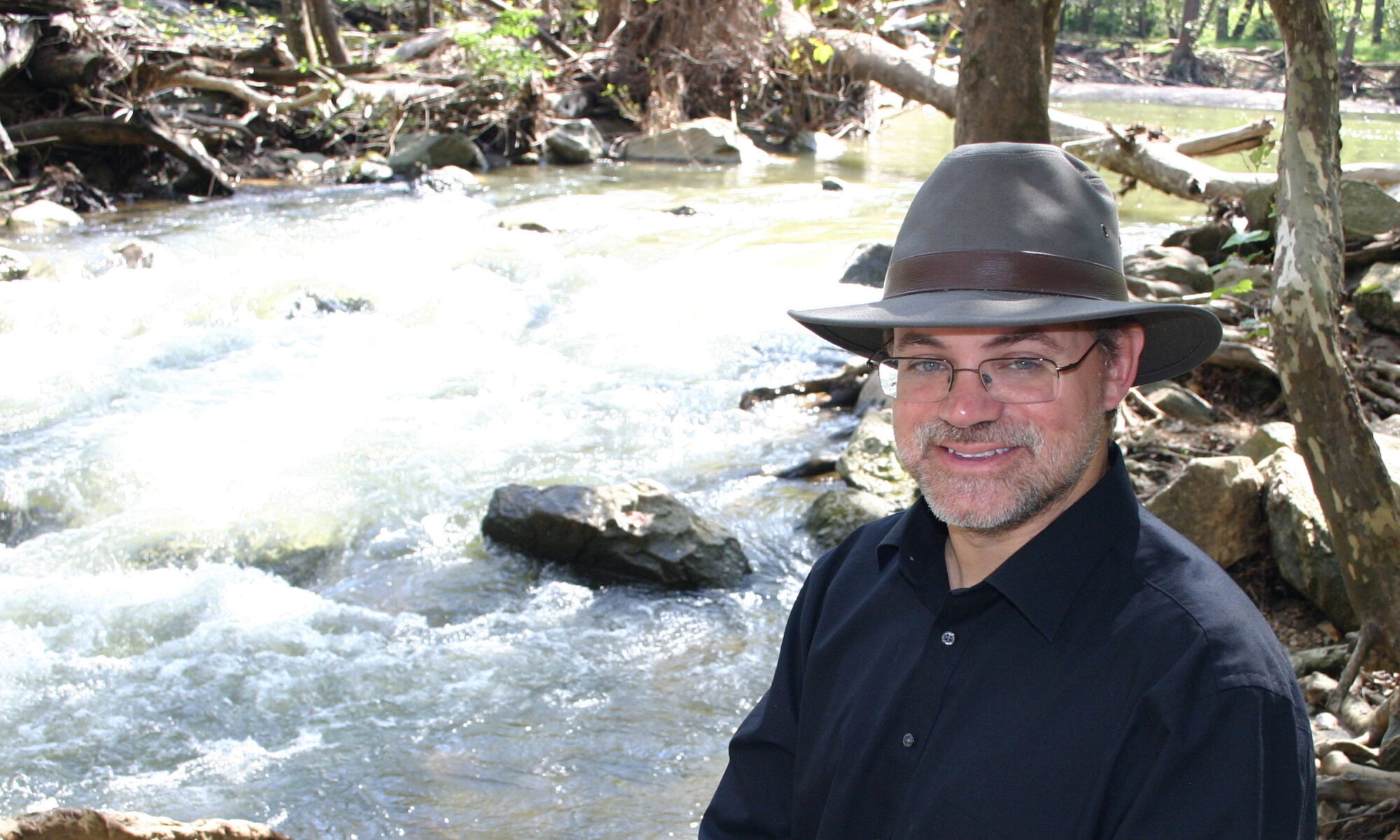The text: Psalm 10 – NRSV
Let’s be honest. I suspect that for many of us, psalms like this one make us a bit uncomfortable. We’d rather skip it and move on. Perhaps it’s the frequent use of the word wicked. Apart from recent musicals and movies about the Wizard of Oz, we don’t use the word much, if at all. We certainly don’t use it to describe other people. That would be harsh and judgmental, hardly the thing a good Christian should do. When we do use the word, it often means something positive, as in cool or trendy! That was a wicked ride! Perhaps it’s all of the terrible images in the Psalm, or that it seems that the psalmist seems to plead for God to commit acts of violence, perhaps becoming wicked in the act! Then where are we? (Is that the “violent Old Testament God” thing again?)
But remember, this is the Psalmist speaking, not God. This psalm is an honest cry of heartfelt, human pain. This is a pain we all have felt at one point or another, and as God’s creatures, it is a pain God understands all too well. Who hasn’t in their private hearts ever wished for revenge or cried out against an injustice? This psalm, this prayer, shows us how to bring this pain to God, and what better way to defuse our anger than to bring it to God in prayer?
Perhaps this Lent we might allow the Psalm to press us further and ask us more about the nature of the injustice afflicting the Psalmist. Here’s a try. Why do we consider people to be poor? Because of things they lack. What things? Things we make: money, possessions, property, and the like. All of these are things our society creates. It’s all “human-made”. We judge people by the human-made things they have (or don’t have), and our sense of justice generally attempts to restore these things to an injured party to make them “whole”. But how does God see this? If all are created in the image of God, how are rich people different from poor people? Is it any wonder that God stands with those we call poor? Perhaps in God’s view, in God’s kingdom, justice is not about moving money around, but is based in the great commandments: to love God and to love neighbor. This justice is then not about what people have, but how we think about others and how we treat them. It’s about changing our behavior. God’s kingdom is the place where we see others as God sees them. In God’s Kingdom, there is no them. There is only us, one body and one spirit. This is what the Church, at its best, tries to be, so that those from earth may strike terror no more.
Curious about this series of posts? Read the initial post.
Want to catch up on any you missed? See them all by clicking on ‘Lenten Psalms” below.
